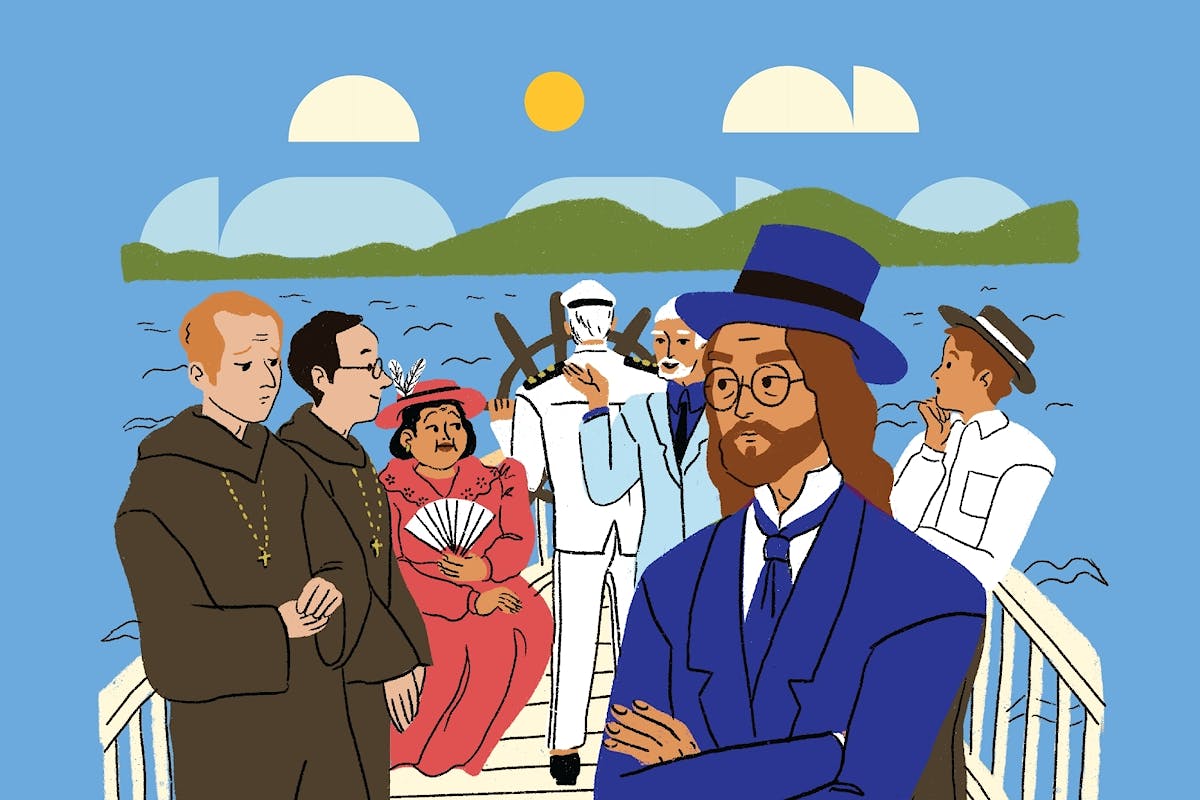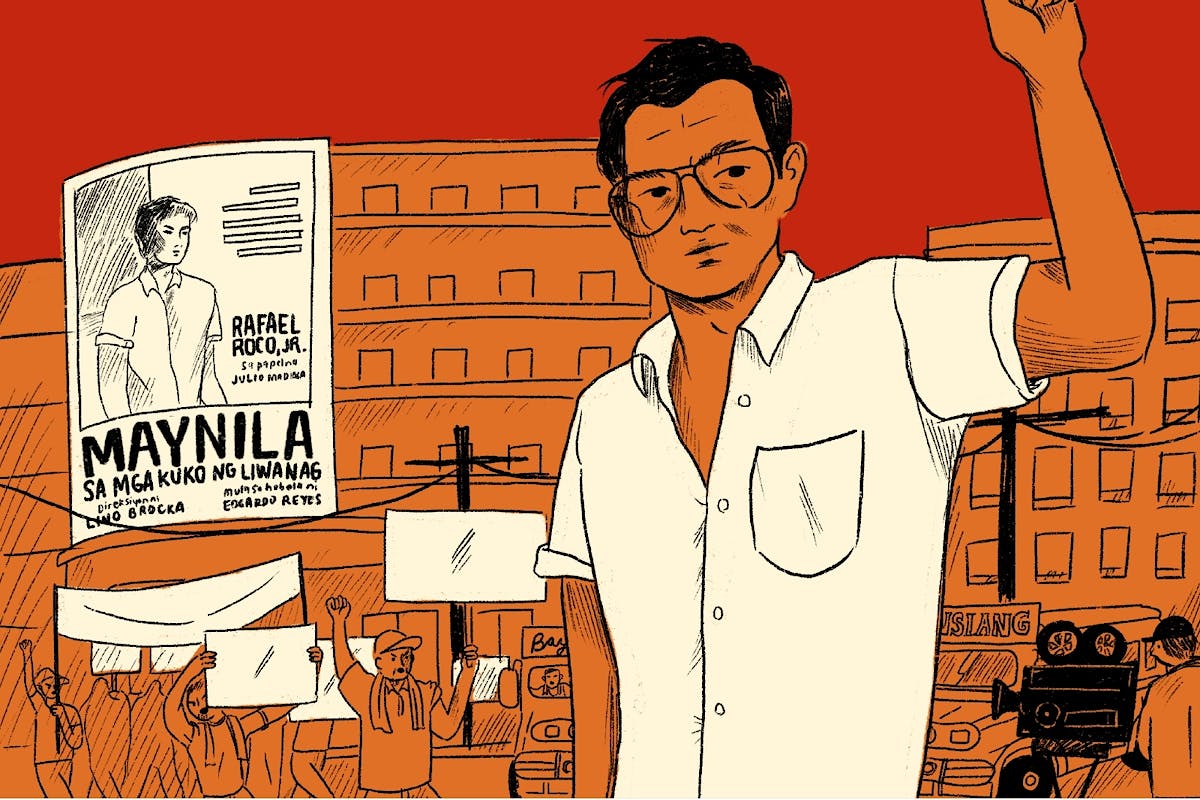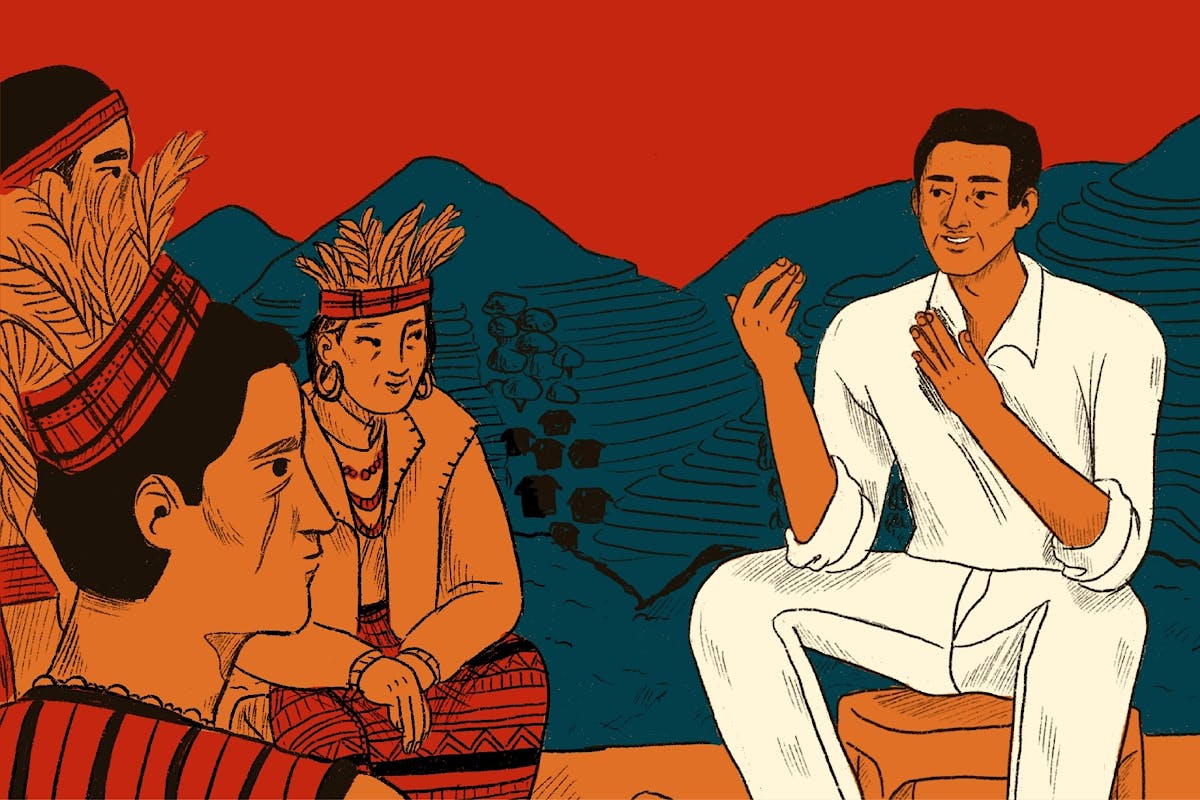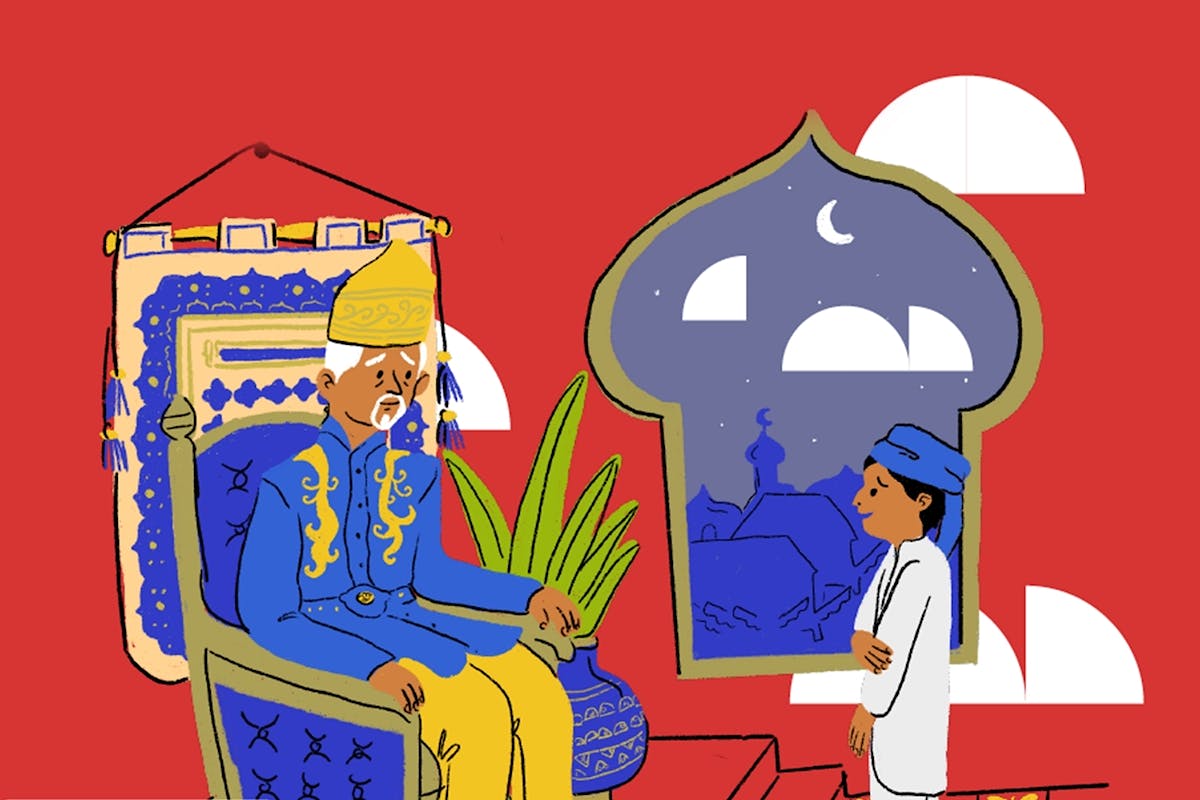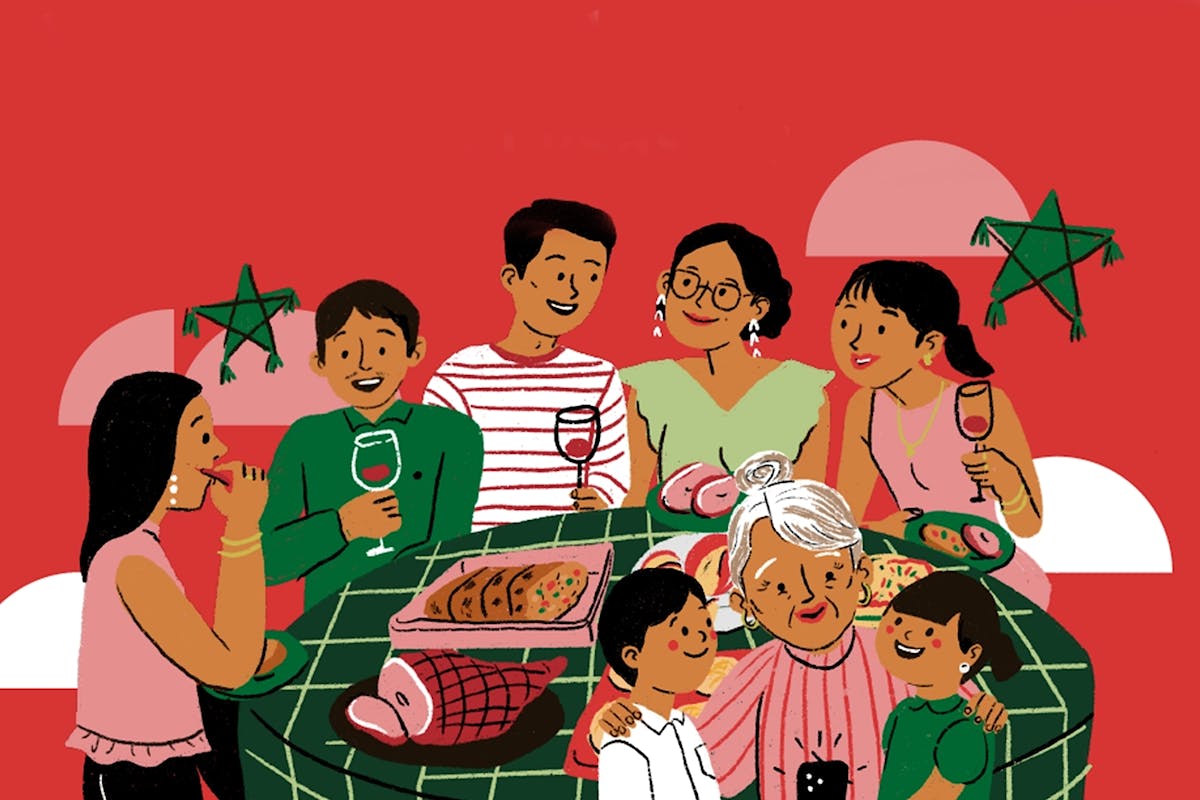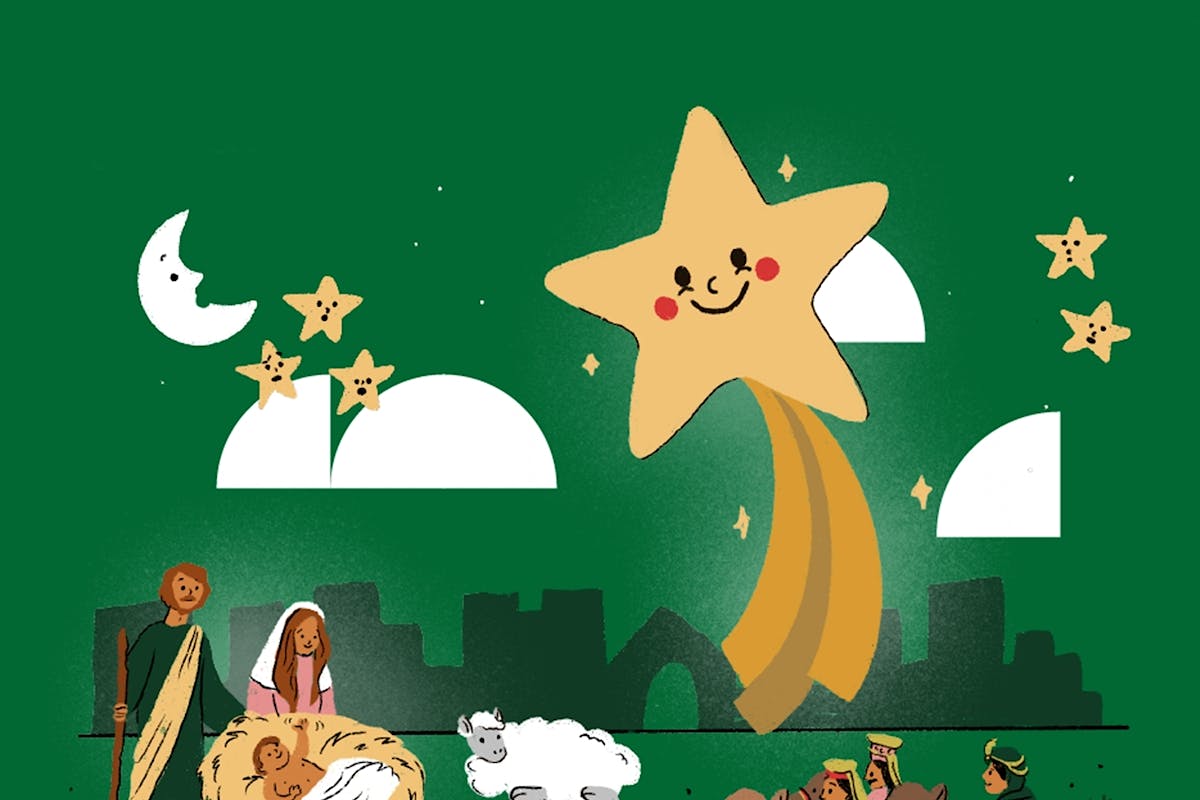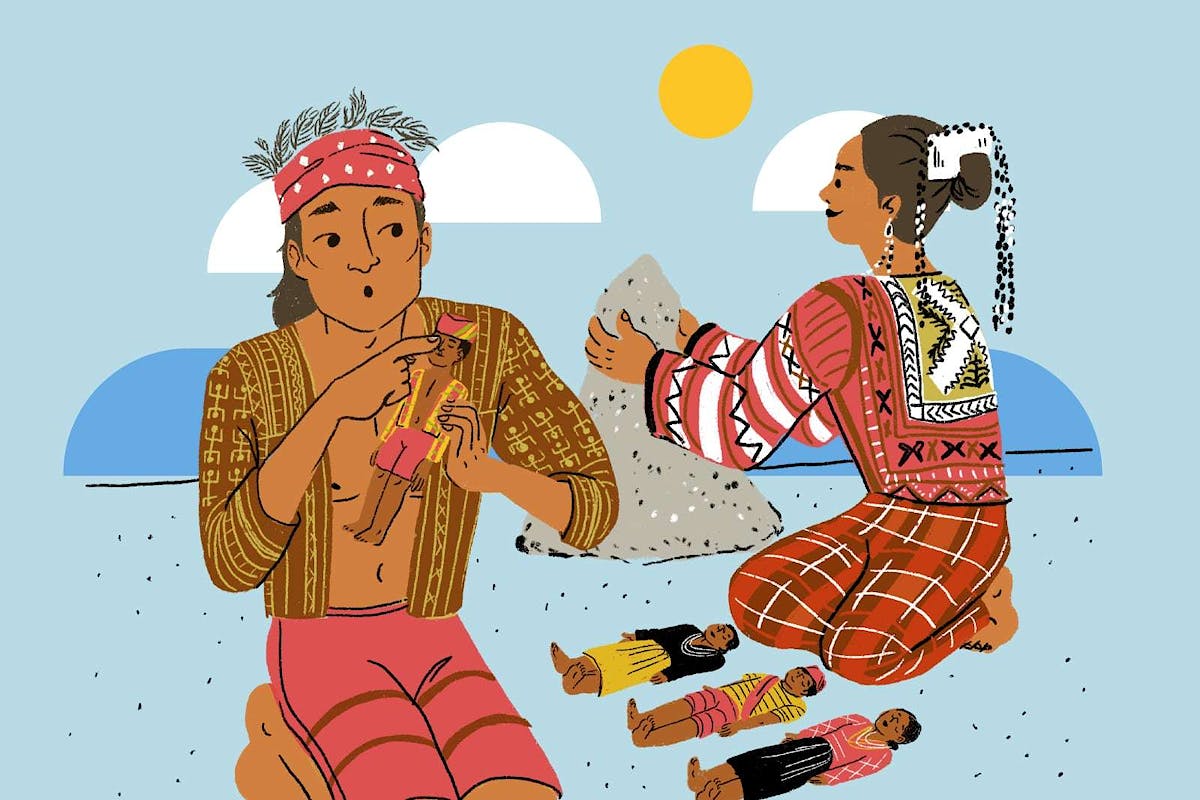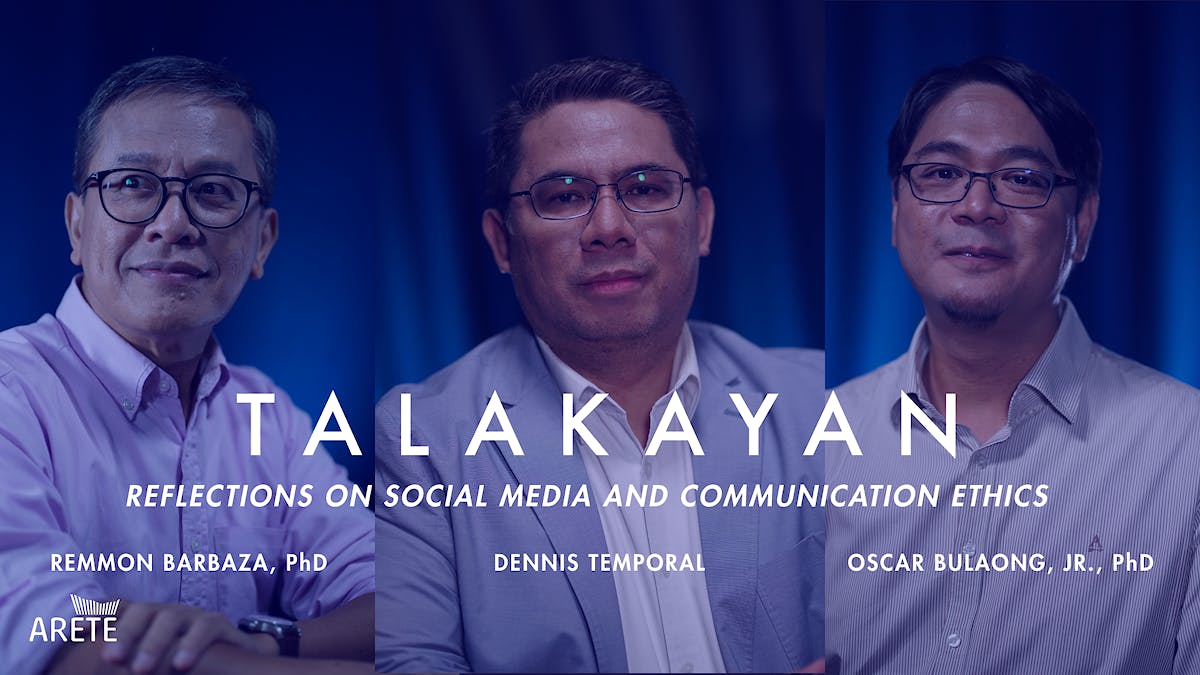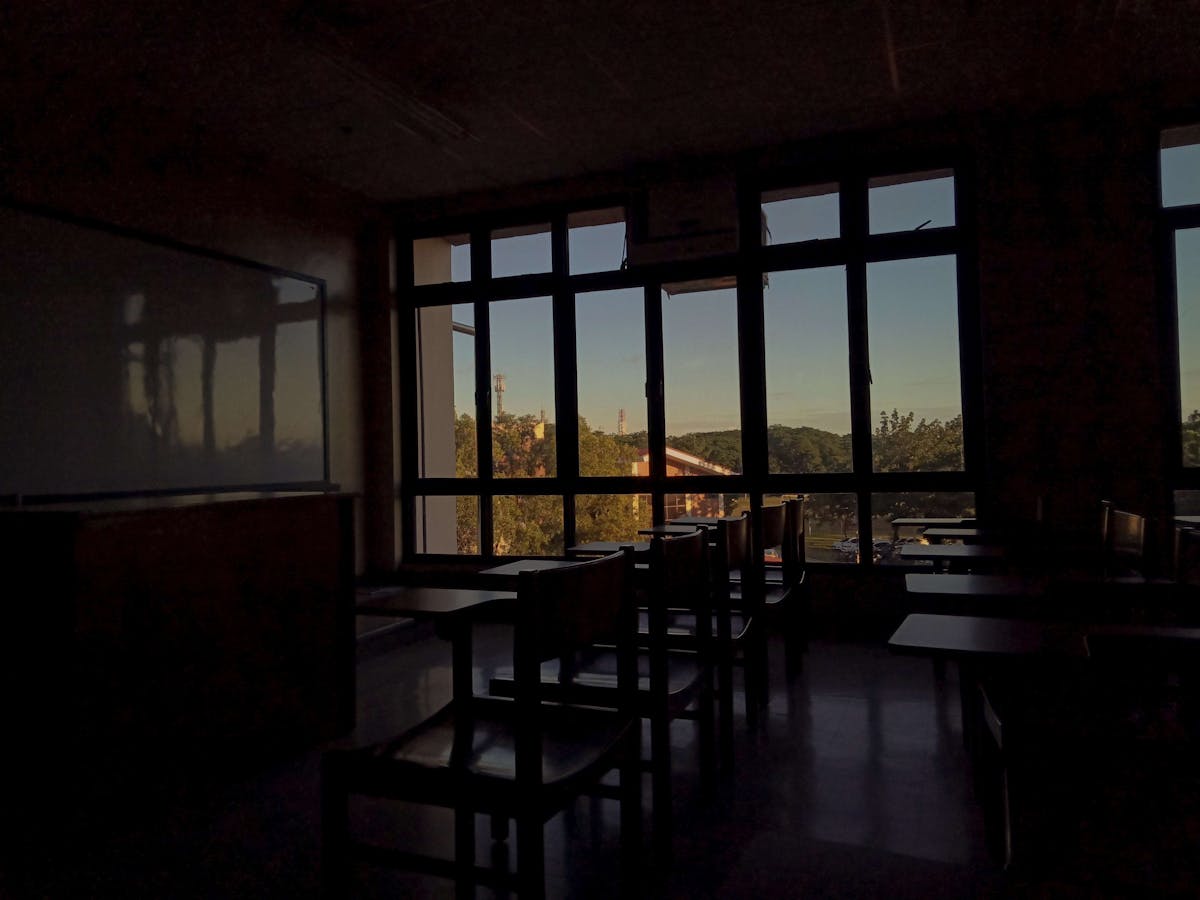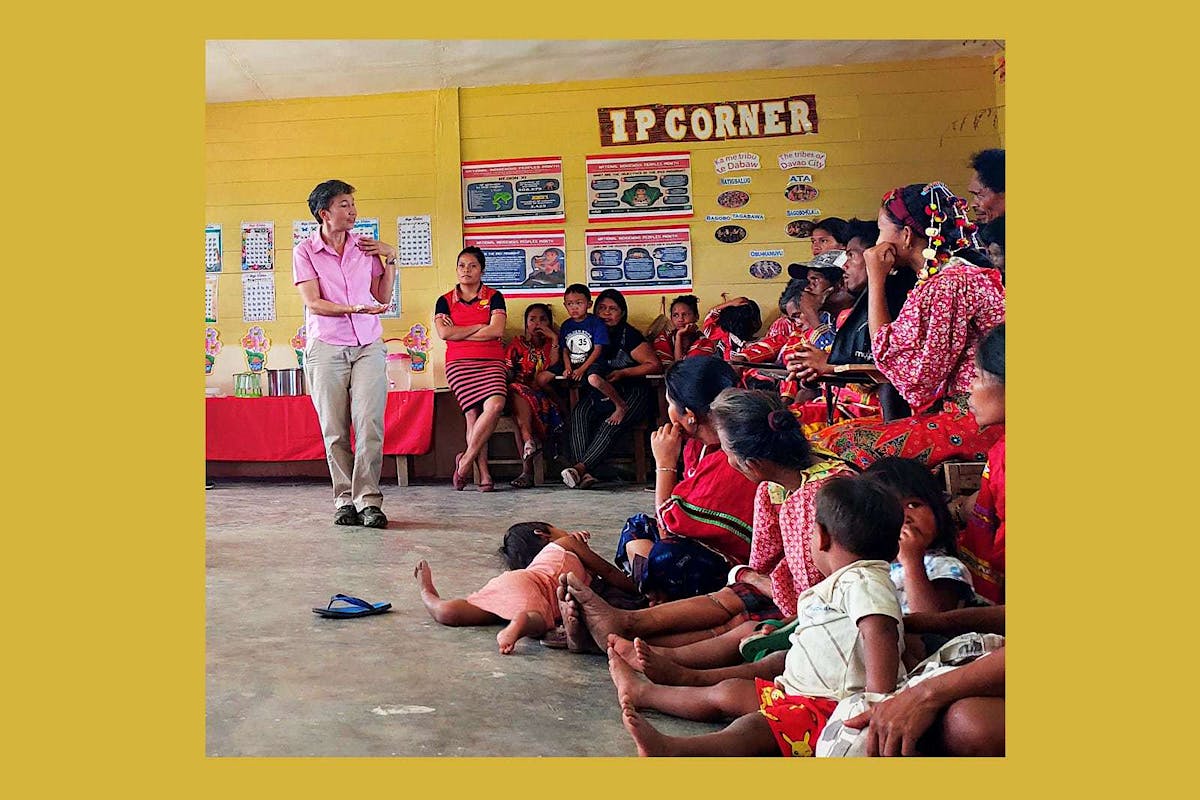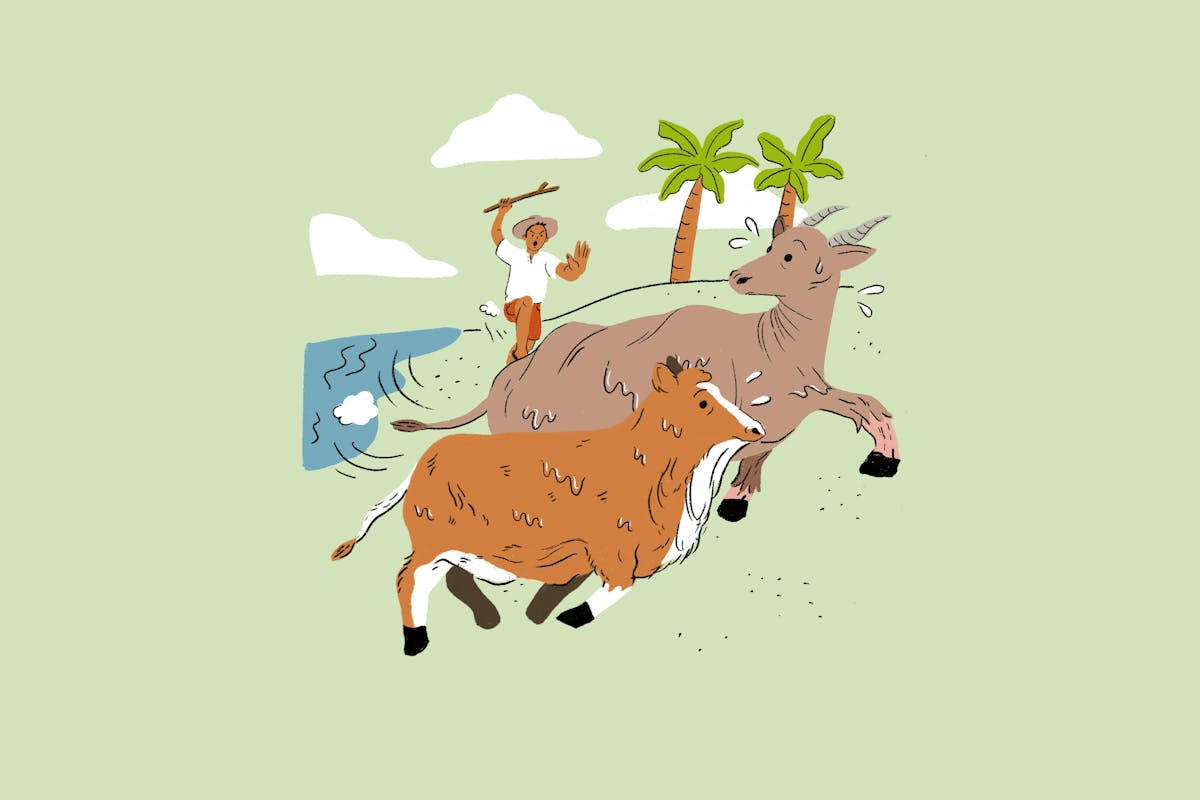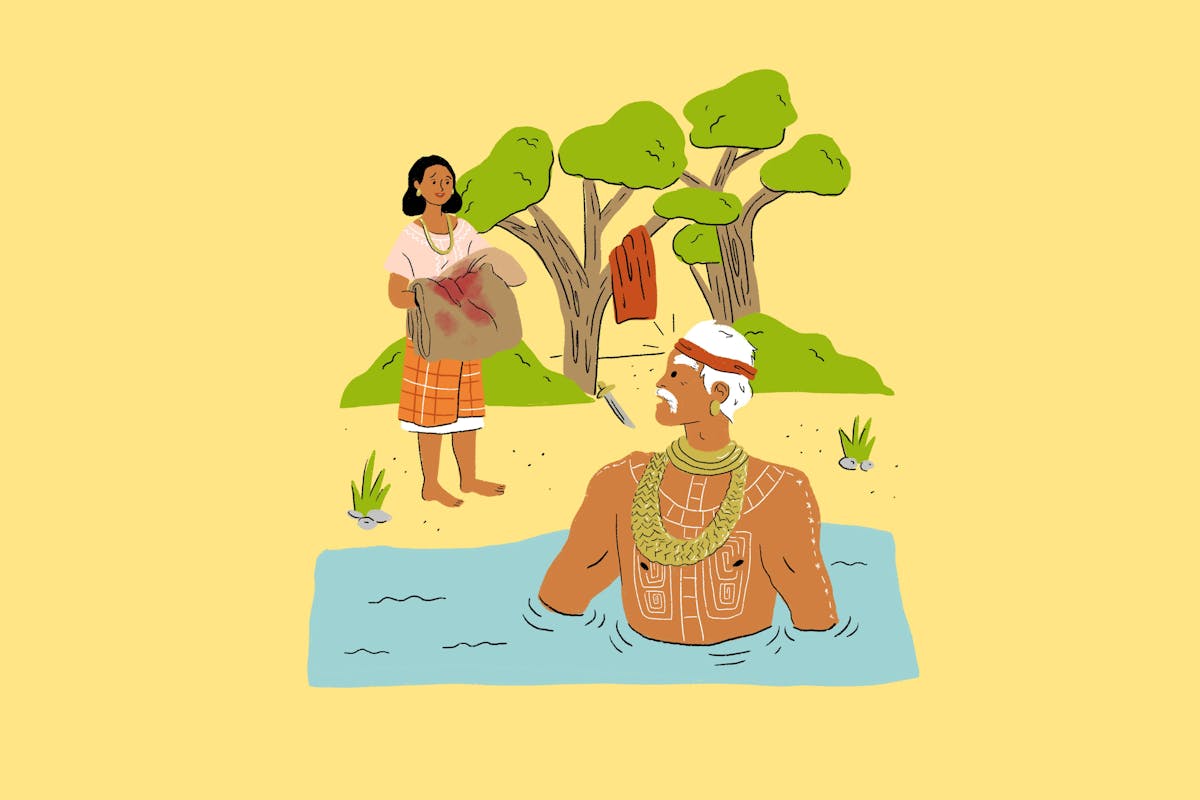
Sandaang Salaysay
The Lost Necklace
Today’s podcast story is called“The Story of Our Fingers”, obtained from the book, from Filipino Popular Tales by Dean S. Fansler, and read by Francis Arthur O. San Jose.
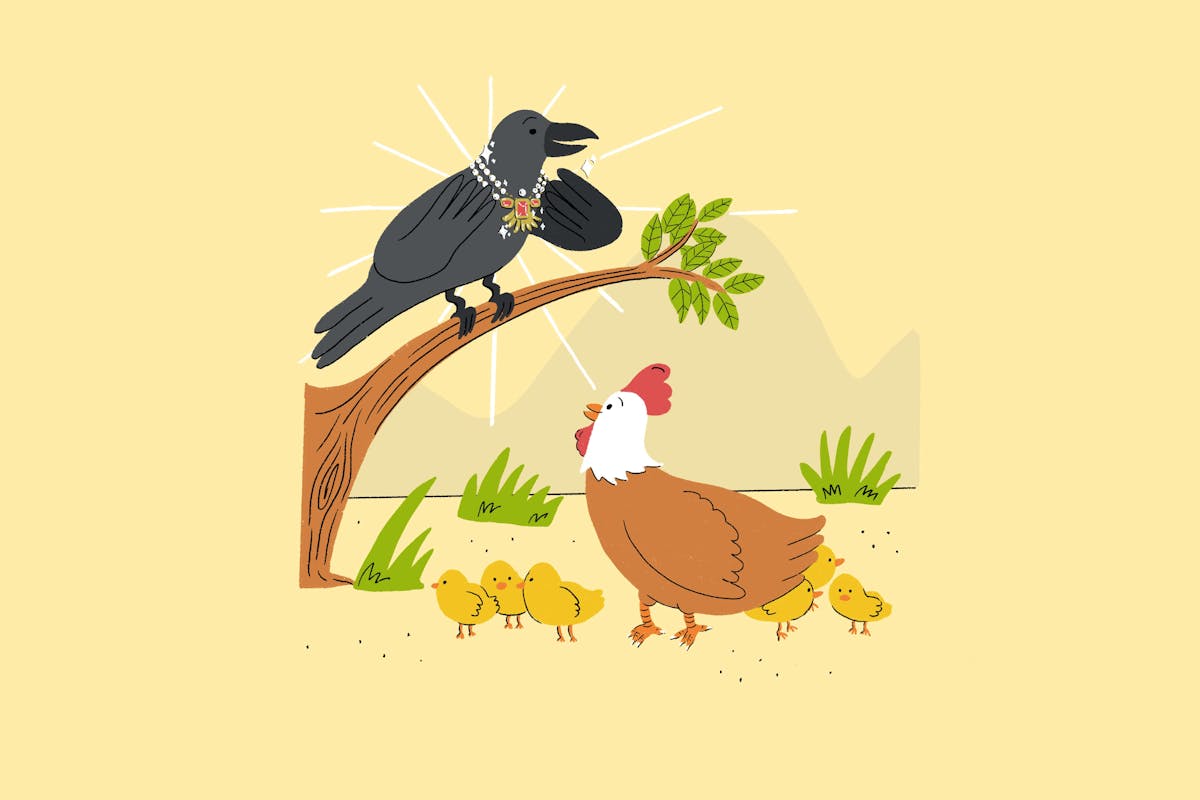
Listen to the story here or on Spotify.
Today’s podcast story is called“The Story of Our Fingers”, obtained from the book, from Filipino Popular Tales by Dean S. Fansler, and read by Francis Arthur O. San Jose.
Learning Guide
Prepared by Kristine Anne P. Valdellon and Kim L. De Castro.
A. Discussion Questions
Retributive justice argues that when an offender breaks the law, justice requires that they suffer in return, and that the punishment to a crime is proportional to the offense.
In the story, the crow punished the hen by threatening to report the loss of the necklace to the king and by eating the hen’s chicks every day until the lost necklace is found. Do you think the crow’s punishment is a good example of retributive justice?
- How did the hen suffer because of the lost necklace? Describe the suffering the hen experienced in the story.
- Is the suffering of the hen, that is, her punishment, proportional to the offense she committed? Stated differently, did the punishment fit the crime? If not, what punishment would be fair? Explain your answer.
B. Learning Activity
Provide an alternative ending to the story. Suppose that the hen did not agree to have her chicks taken and the crow reported her to the king. What would have happened?
One possible activity is to conduct a simulated courtroom trial: the hen as the suspect, the crow as the complainant, and the King as the judge. The students who represent the hen should present a case to the King in an attempt to work her way around the crow's punishment. The students who represent the crow have to present a case insisting that the hen's punishment is just. The students who represent the King will talk among themselves and give a justified verdict. This exercise can serve as an integration activity with the students’ CLE/Values, Ed/ESP or AP class, or any class that tackles ethics.
Source: Dean S. Fansler, Filipino Popular Tales. Lancaster, PA. and New York: American Folklore Society and G. E. Stechert and Co., 1921. Available from Project Gutenberg.
Current Stories in the Series
English
The Monkey and The Turtle
Sun and Moon
Sagacious Marcela
The Story of Our Fingers
Why the Cow’s Skin is Loose on the Neck
The Lost Necklace
Filipino
Ang Pagong at ang Matsing
Ang mga Paglalakbay ni Juan
Ang Pinagmulan ng Daigdig (Si Malakas at si Maganda)
Ang Unang Unggoy
Ang Alamat ng Palay
Ang Pinagmulan ng Lamok
Kung Paano Yumaman si Jackyo
Stay in tune for the other stories in this podcast series!
